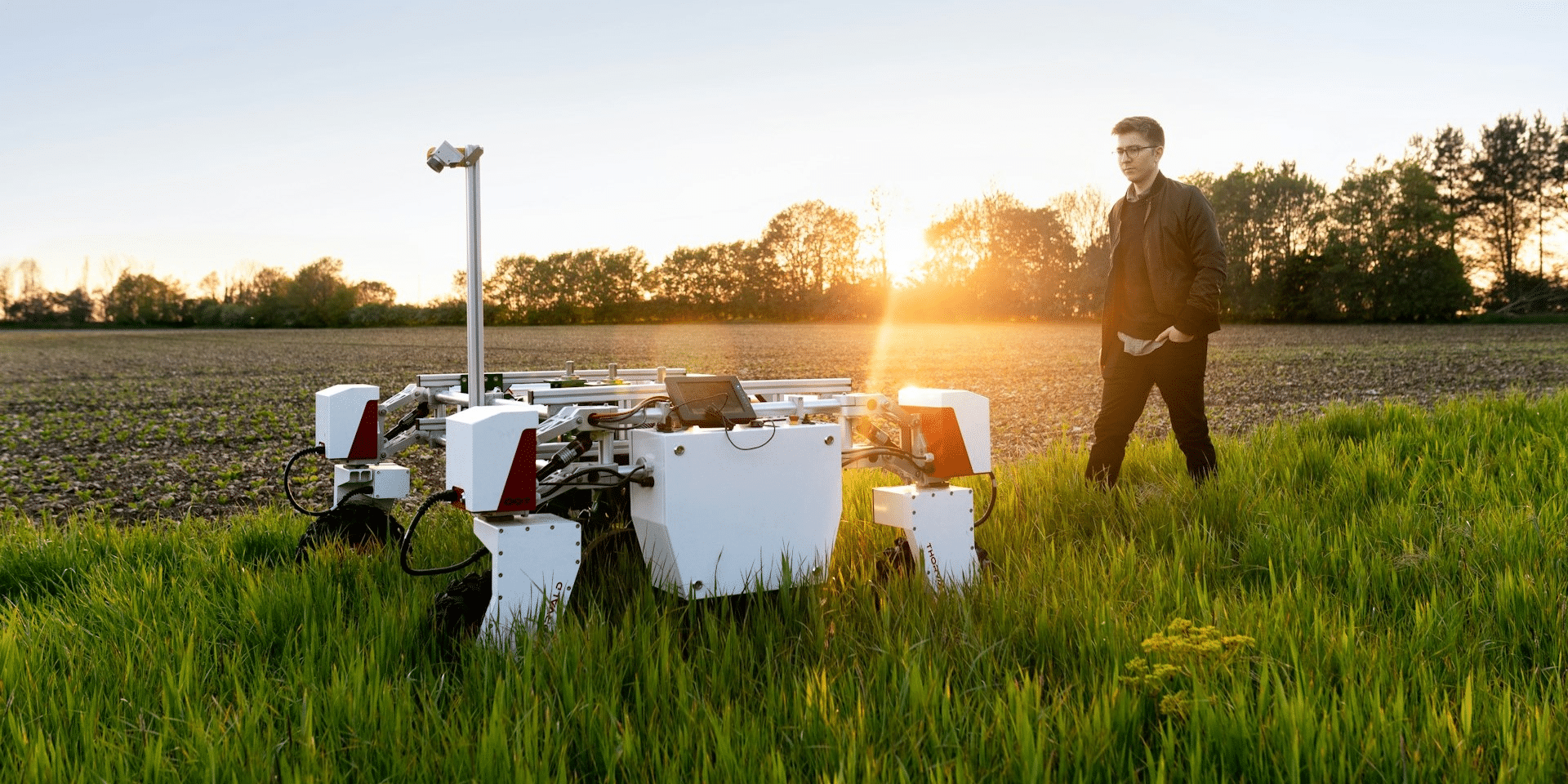Nashville’s Lifestyle Sector Witness Expansion
Nashville, known for its rich musical heritage, is experiencing a significant transformation across its lifestyle sector. From luxury accommodations to a thriving culinary scene, the city is expanding its offerings to cater to residents and visitors alike. This article explores the key areas driving the growth of Nashville’s lifestyle sector, including hospitality, dining, retail, entertainment, real estate, cultural institutions, and wellness.
Hospitality and Accommodation
Luxury Hotels
Nashville’s hospitality landscape has evolved with the addition of high-end hotels like the Four Seasons Hotel and Private Residences. This 40-story, five-star establishment features 232 rooms and 142 luxury condos, setting a new standard for luxury in the city. These developments attract affluent travelers and elevate Nashville’s reputation as a destination for premium accommodations.
Boutique Hotels
In addition to large-scale luxury hotels, boutique accommodations are gaining popularity. These hotels offer unique and personalized experiences that reflect Nashville’s culture and charm. By focusing on distinctive design, local art, and intimate settings, boutique hotels cater to travelers seeking authenticity and a deeper connection to the city.
Culinary Scene
Fine Dining
Nashville’s culinary scene has grown significantly, with an increase in upscale restaurants offering diverse dining options. These establishments bring innovative cuisines and elevated dining experiences to the city, attracting food enthusiasts from around the country. Fine dining options such as The Catbird Seat and Yolan have gained national recognition for their exceptional menus and service.
Local Eateries
Local restaurants focusing on farm-to-table concepts and traditional Southern cuisine are also thriving. Establishments like Husk and The Mockingbird celebrate local ingredients and classic Southern flavors, creating a culinary identity that resonates with Nashville’s heritage. This emphasis on locally sourced food supports regional farmers and fosters a sense of community.
Retail and Shopping
High-End Retail
Nashville has become a destination for luxury shopping, with the arrival of high-end brands and boutiques. Retail hubs such as The Mall at Green Hills offer an array of designer stores, catering to an affluent clientele. This expansion in retail elevates Nashville’s profile as a sophisticated shopping destination.
Artisan Markets
In addition to luxury retail, artisan markets showcasing handcrafted goods have gained popularity. These markets support local artisans and entrepreneurs, offering unique products that reflect the creativity and craftsmanship of the community. Events like Porter Flea and the Nashville Farmers’ Market provide opportunities for residents and visitors to discover locally made treasures.
Entertainment and Nightlife
Music Venues
While Nashville is synonymous with country music, the city’s entertainment offerings are diversifying. New music venues are opening, showcasing genres ranging from jazz and rock to hip-hop and electronic music. This evolution reflects the city’s dynamic cultural landscape and ensures that music lovers of all preferences feel welcome.
Bars and Lounges
The nightlife scene in Nashville is expanding with the addition of sophisticated bars and lounges. Venues like The Patterson House and The Fox Bar & Cocktail Club offer expertly crafted cocktails in upscale settings, providing a contrast to the honky-tonks of Broadway. This variety enriches Nashville’s nightlife, catering to a broader audience.
Real Estate Development
Mixed-Use Developments
Real estate development is a driving force behind Nashville’s lifestyle sector expansion. Projects like Nashville Yards are transforming urban spaces into vibrant communities that integrate residential, commercial, and entertainment facilities. These developments create hubs of activity that attract both residents and businesses.
Residential Projects
Luxury condominiums and apartments are being developed to meet the growing demand for upscale living spaces. High-rise buildings like Broadwest offer modern amenities and prime locations, appealing to professionals and families seeking a premium lifestyle in the heart of the city. This surge in residential development reflects Nashville’s appeal as a place to live and work.
Cultural Institutions
Museums and Galleries
The establishment of new museums and galleries has enriched Nashville’s cultural offerings. Institutions like the National Museum of African American Music highlight the city’s diverse history and contributions to the arts. These cultural spaces provide educational opportunities and enhance Nashville’s reputation as a center for creativity and heritage.
Festivals and Events
An increase in cultural festivals and events celebrates Nashville’s rich heritage and growing diversity. Events such as the Nashville Film Festival and the Music City Food + Wine Festival draw large crowds, contributing to the city’s vibrant cultural calendar. These celebrations foster community pride and attract visitors eager to experience Nashville’s unique spirit.
Wellness and Recreation
Spas and Wellness Centers
Nashville’s lifestyle sector expansion includes a growing emphasis on wellness. Spas and wellness centers offering holistic health services have become increasingly popular, providing residents with opportunities to relax and rejuvenate. Facilities like Rhapsody Spa and Mokara Spa combine luxury with wellness, catering to the city’s health-conscious population.
Parks and Green Spaces
The development of urban parks and recreational areas promotes a healthy lifestyle among Nashville’s residents. Projects like the Cumberland River Greenway and the revitalization of Centennial Park provide spaces for outdoor activities and community gatherings. These green spaces enhance the city’s livability, offering a welcome escape from urban life.
A Dynamic Transformation
Nashville’s lifestyle sector is undergoing a dynamic transformation, driven by growth in hospitality, dining, retail, entertainment, real estate, cultural institutions, and wellness. This expansion reflects the city’s commitment to enhancing the quality of life for its residents while solidifying its reputation as a vibrant, attractive destination for visitors.
As Nashville continues to evolve, its ability to balance growth with preserving its unique identity will be critical. By fostering a sense of community and celebrating its cultural heritage, Nashville can ensure that its lifestyle sector remains a source of pride and opportunity for generations to come.












